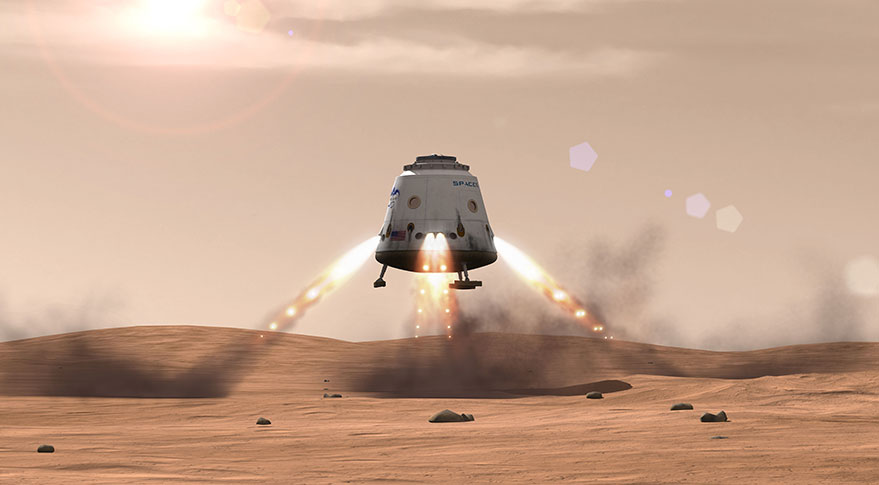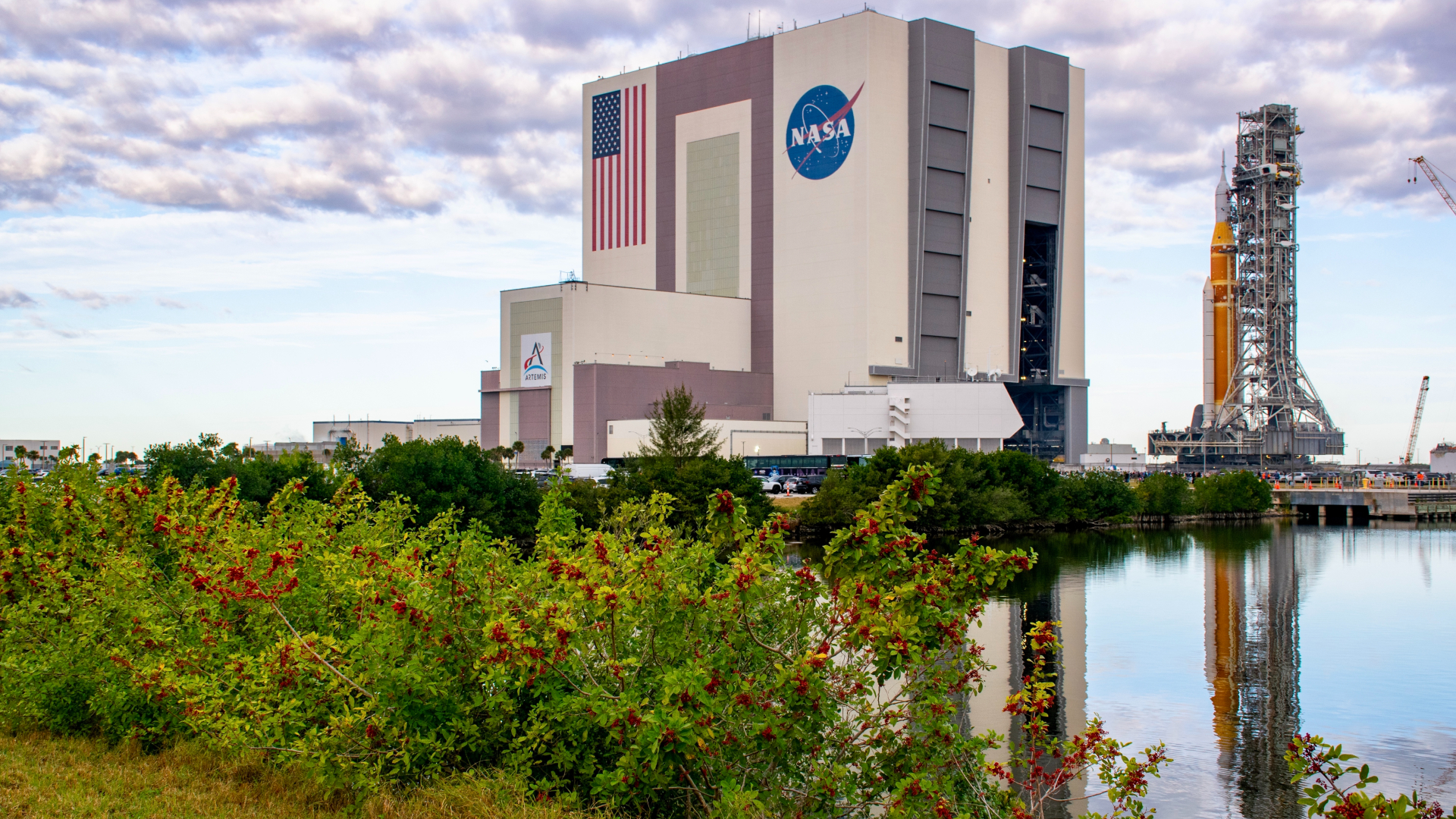NASA Seeks Information on Commercial Mars Payload Services

WASHINGTON — Planning a mission to Mars and have some extra payload space? NASA would like to hear from you.
The agency issued a request for information (RFI) Feb. 27 seeking information on private ventures planning to send spacecraft to Mars in 2020 and beyond that would be willing to accommodate NASA instruments and other payloads on their missions. Responses are due March 28.
"Furthering NASA's human deep space exploration goals will require a significant amount of scientific research, and opportunities to collect data on Mars have been rare," NASA said in a statement announcing the RFI. "Evolving capabilities in the private sector have opened the possibility for NASA to take advantage of commercial opportunities to land scientific payloads on the surface of the Red Planet."
Organizations planning such missions should provide "details of your planned mission, including payload accommodation locations on your transportation vehicle, estimated mass and volume that may be available, and your schedule for the Mars mission," the RFI states. "Provide information to aid in understanding the probability of success for your planned Mars mission."
The RFI specifically refers to payloads delivered to the Martian surface, as opposed to Martian orbit. It adds, though, that NASA "does not anticipate any sample return payloads" for those missions.
The RFI, formally known as a "sources sought" request, casts a broad net, seeking responses from "all interested parties," including small businesses and universities. Government agencies use responses to such statements to determine whether to formally solicit proposals, and how to structure that solicitation.
The company most likely to be able to provide payload services as soon as 2020 is SpaceX. The company announced plans last year to fly a robotic Mars lander, called Red Dragon, and signed a Space Act Agreement with NASA to gain technical and other support. Red Dragon is intended primarily as a test of a Mars landing technique known as supersonic retropropulsion that could enable landings of much heavier spacecraft than existing approaches.
Breaking space news, the latest updates on rocket launches, skywatching events and more!
At the time of the announcement, SpaceX planned to launch Red Dragon in the spring of 2018, but company president Gwynne Shotwell said last month that mission would likely slip to 2020 because the company has been focused on its Falcon Heavy launch vehicle and Crew Dragon spacecraft development. Additional Red Dragon missions are planned in future Mars launch windows, which open every 26 months, as SpaceX develops plans for far larger spacecraft intended to carry people to Mars.
NASA officials last year said there were some discussions about flying payloads on the first Red Dragon mission. In an interview last June, Steve Jurczyk, NASA associate administrator for space technology, said his office has a "wish list" of technology demonstration payloads it would like to fly on Red Dragon, but cautioned a lack of funding and a tight schedule made it unlikely they would be ready in time for a 2018 launch.
Mars One, the European venture with long-term ambitions for one-way human missions to Mars, has also announced a robotic Mars lander as a precursor mission. That lander, originally scheduled for launch in 2018, has now slipped to no earlier than 2022 as Mars One struggles to raise funding.
This story was provided by SpaceNews, dedicated to covering all aspects of the space industry.

Jeff Foust is a Senior Staff Writer at SpaceNews, a space industry news magazine and website, where he writes about space policy, commercial spaceflight and other aerospace industry topics. Jeff has a Ph.D. in planetary sciences from the Massachusetts Institute of Technology and earned a bachelor's degree in geophysics and planetary science from the California Institute of Technology. You can see Jeff's latest projects by following him on Twitter.

